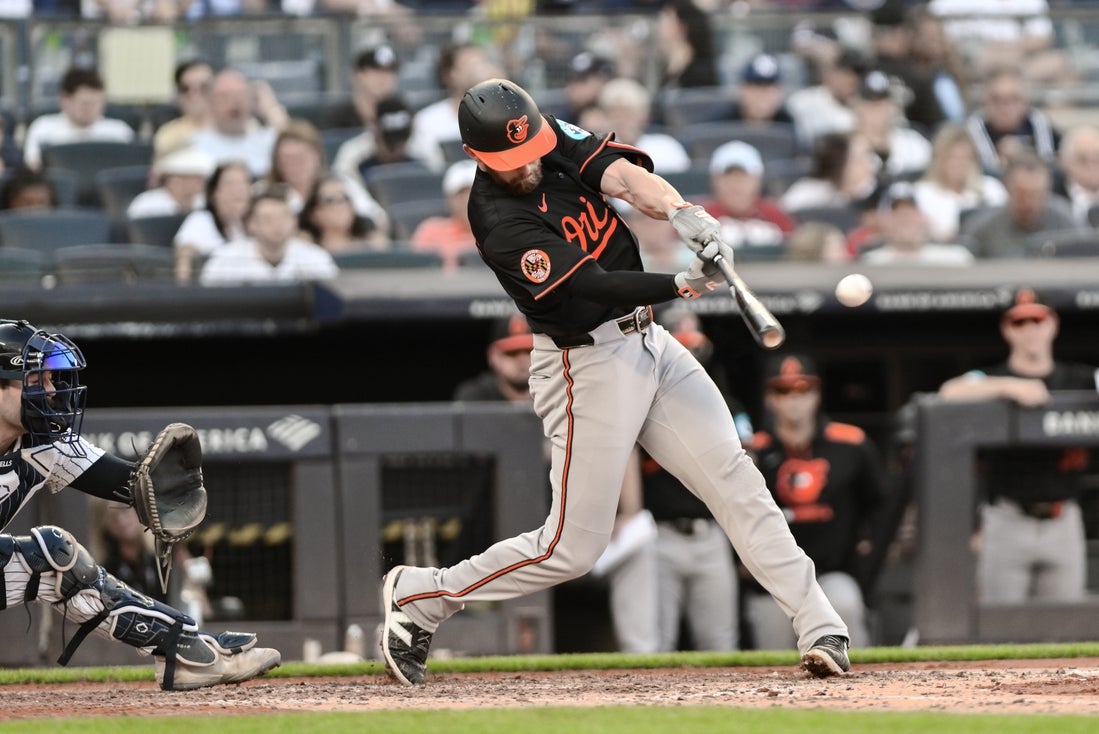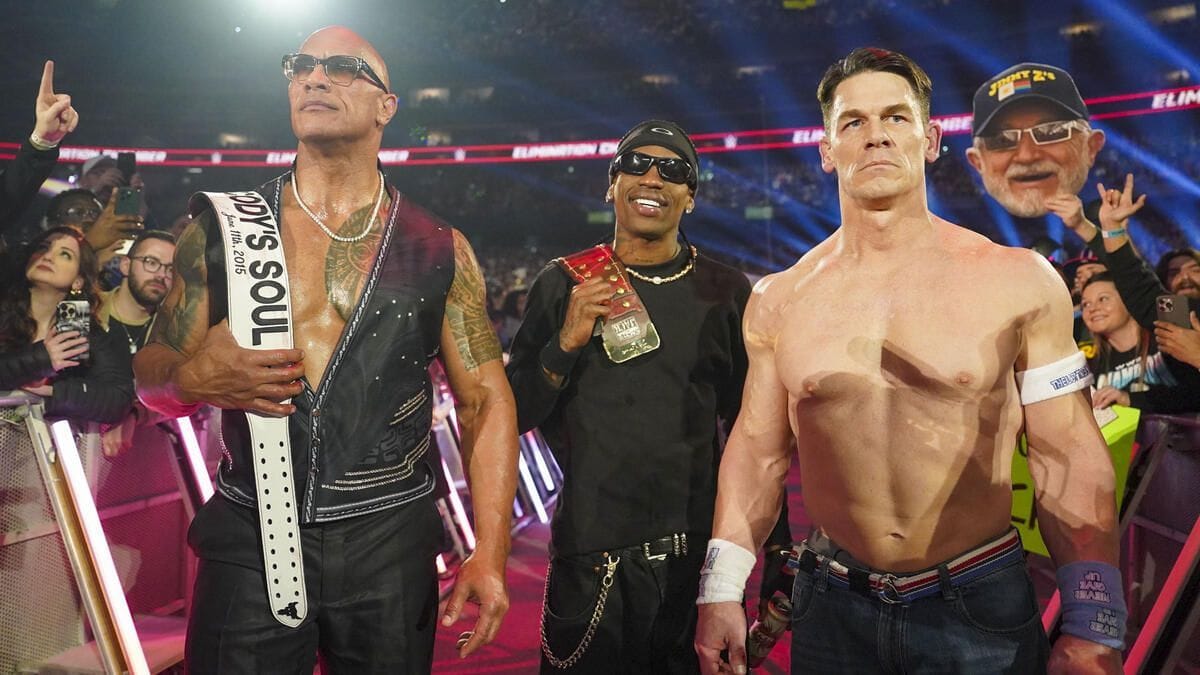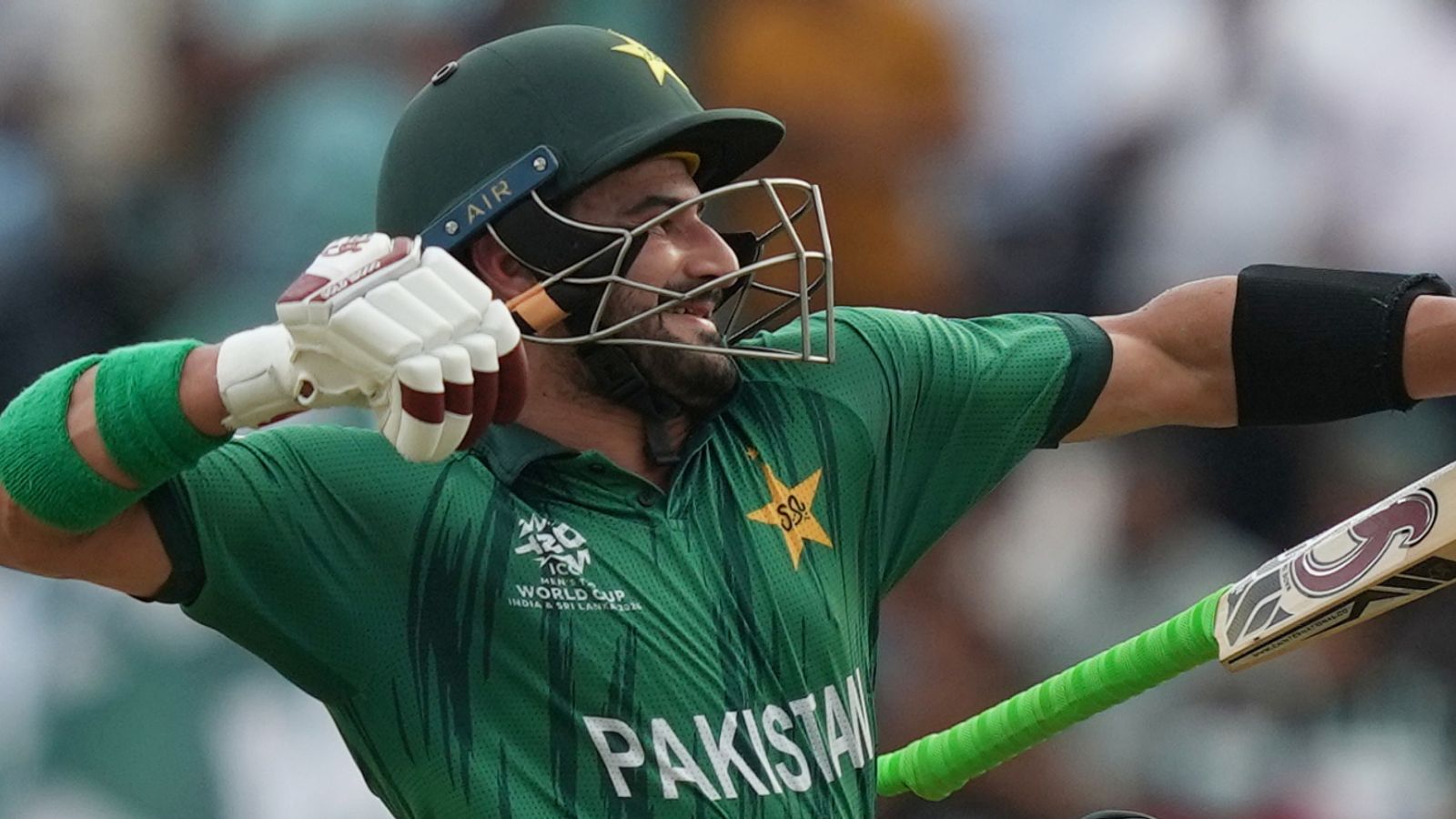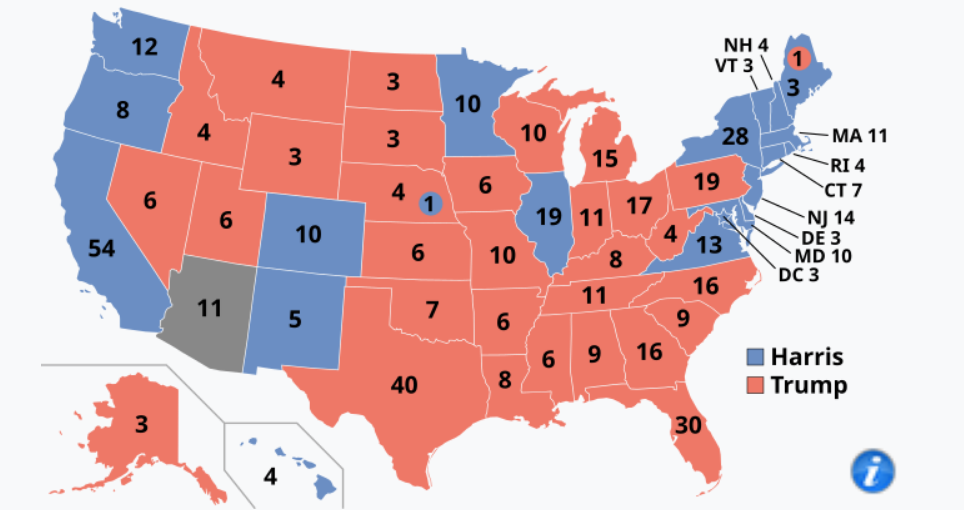It was one of the more surreal contract negotiations in N.F.L. history. At the start of training camp in July 1971, Joe Kapp, the New England Patriots’ star quarterback, was locked in an office with Upton Bell, the team’s new general manager, and Billy Sullivan, its principal owner.
Kapp had already agreed to a three-year deal worth about $500,000 that began the previous season. All Sullivan needed was for Kapp to sign the standard player contract used throughout the league to replace the “memorandum of agreement” he had originally signed. Kapp refused, saying the standard contract limited his options for moving to another club once his three-year deal expired.
With the media assembled outside, Sullivan pleaded with Kapp to sign for 20 minutes. Kapp stood firm.
“All he had to do was sign the contract and he could still say the N.F.L. is a monopoly, but he threw it away,” Bell said. “It was like the gunfight at the O.K. Corral.”
Sullivan gave up and escorted Kapp, steely eyed and resolute, out of the building. He even carried Kapp’s bags. The Patriots lost their quarterback and Kapp never played in the N.F.L. again, forfeiting hundreds of thousands of dollars.
But Kapp, who died this week at 85, kept fighting. He successfully sued the N.F.L. for violating antitrust laws protecting players’ rights. He never received any financial damages, but the legal precedent in his case paved the way for full free agency, which the players won two decades later, replacing the modified free agency that required teams to be compensated for the loss of players.
“You can trace the ultimate achievement of free agency back to Kapp,” said Jeffrey Kessler, one of the lawyers who helped the N.F.L. players win a case named for running back Freeman McNeil in 1992 that ushered in full free agency.
Kessler said that he relied heavily on the Kapp decision and precedents set in earlier cases brought by Jim Smith and John Mackey. Smith, who went by the nickname Yazoo, won a suit he brought against the league in 1970, which argued that the N.F.L. draft unreasonably restricted his right to negotiate directly with teams. (The N.F.L. Players Association sanctioned the draft in the 1977 collective bargaining agreement.) Mackey’s 1975 lawsuit successfully challenged the so-called Rozelle rule, which obligated teams that signed free agents to compensate those players’ former clubs, as unfairly limiting a player’s freedom to find a new team.
While the three cases became ammunition in the players’ legal battles with the N.F.L., Kapp’s was the most curious. A sturdy quarterback from Cal who was unafraid to charge headfirst into defenders, Kapp was selected in the 18th round of the 1959 draft by the Washington franchise. The team never contacted him, though, so he went to the Canadian Football League, where he played for eight seasons.
In 1967, Kapp joined the Minnesota Vikings, then coached by Bud Grant, another C.F.L. veteran. In his third season, Kapp led the Vikings to Super Bowl IV, where they lost to the Kansas City Chiefs.
His three-year deal with Minnesota over, Kapp turned down the team’s new three-year, $100,000-per-year offer. Aware of Kapp’s injuries and inconsistent passing, the Vikings released him.
“Joe Kapp wasn’t the prettiest passer, but he was a vocal guy in the locker room,” said Joe Horrigan, retired executive director of the Pro Football Hall of Fame. “The truth was, he was at the end of his career. He was kept together with chewing gum and staples.”
The Vikings still controlled rights to Kapp’s services and, in October 1970, traded him to the woeful Patriots in return for John Charles, a cornerback, and a first-round pick in the 1972 draft. Kapp signed a personal services contract that paid him about $500,000 and was a less restrictive bridge between the Vikings and Patriots deals, Horrigan said.
The league asked Sullivan to have Kapp to sign a standard contract, but the Patriots owner kept putting it off. Sullivan was smitten with Kapp’s celebrity despite the quarterback having helped lead the team to a 2-12 record after the trade.
Kapp, under the advice of John Elliot Cook, his lawyer and agent, refused to sign a standard contract and, without one, had to leave training camp in summer 1971. That led to the final, ill-fated meeting in Bell’s office.
A federal judge in Northern California who heard Kapp’s first case found that the draft and the Rozelle rule were “patently unreasonable and illegal.” A jury in a subsequent case found that Kapp did not deserve damages from the Patriots or the N.F.L., creating something of a Pyrrhic victory.
The lawyer defending the league in the case was future N.F.L. Commissioner Paul Tagliabue.
Still, the ruling was a victory for the players, said Michael LeRoy, who teaches sports labor law at the University of Illinois, because the union and the league at the time “were fighting to determine the ill-defined boundary between collective bargaining and antitrust law.”
The Kapp case, he said, “helped define what anti-competitive practices a league could impose.”
It took about two more decades and many more battles for the players’ union to win free agency, in part because of the cost of defending the league’s appeals of the cases brought by Kapp and others. By the 1980s, though, the players’ union had built up a war chest with money earned from selling their licensing rights, and it would go on to spend about $25 million to fight two key lawsuits in the late ’80s and early ’90s that led to modern free agency.
“He showed everyone the way and was a trailblazer, and we owed him a debt of gratitude, but he also showed us what not to do in terms of legal strategy,” said Doug Allen, a former N.F.L. player who helped run the players’ union from the ’80s through the early aughts. “Kapp ran out of resources to appeal his case. The lesson learned wasn’t ‘don’t sue the N.F.L.,’ the lesson was ‘don’t do it alone.’”
Like Curt Flood, who challenged Major League Baseball’s antitrust exemption, Kapp is remembered for his risky stand. He received no compensation and never played another down in the N.F.L., but his efforts didn’t go unnoticed.
“He instilled that fight in the players,” Kessler said.
















